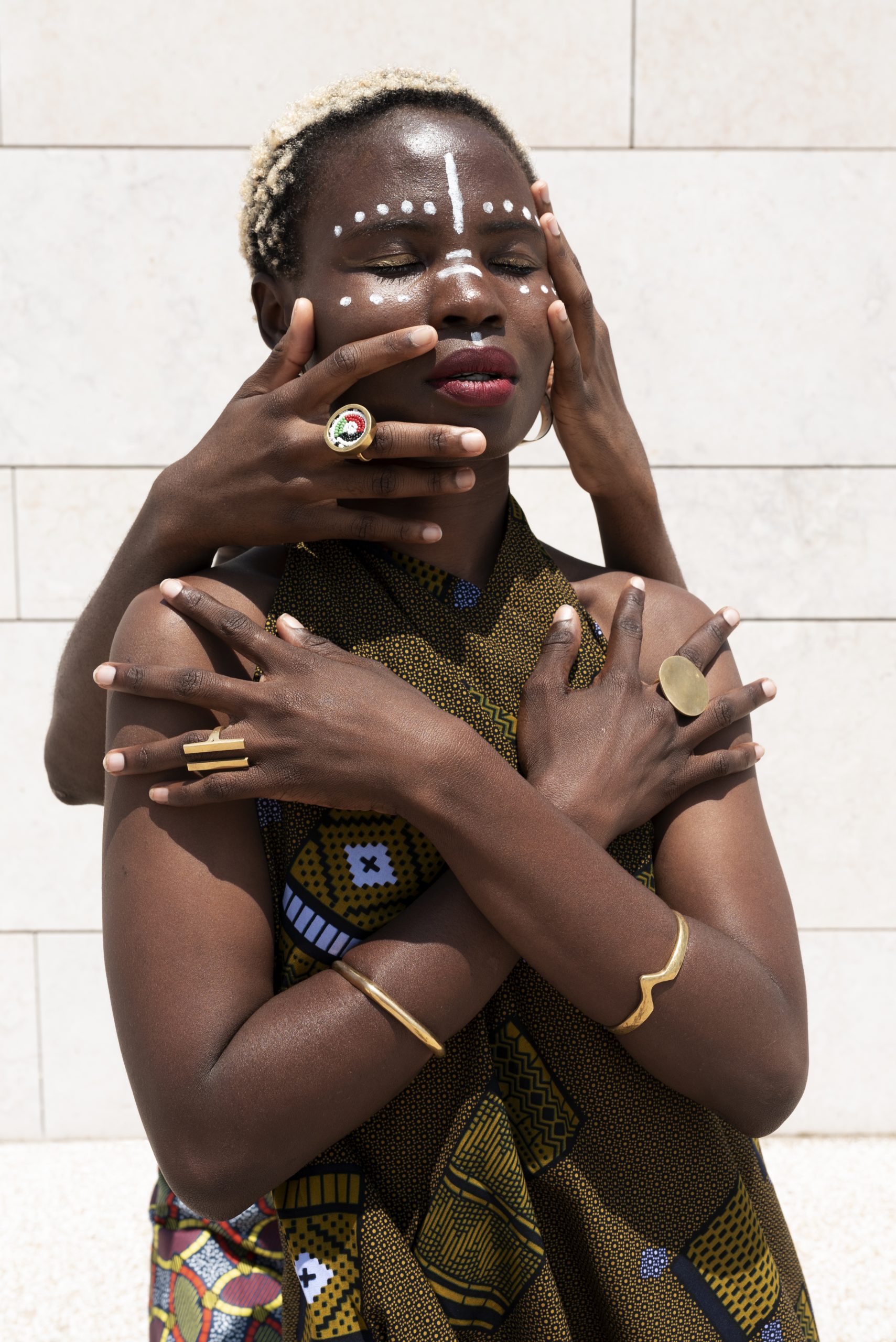Female genital mutilation (FGM) refers to all procedures involving partial or total remover of the female external genitalia or other injury to the female genital organs for non-medical reasons.it is most often carried out on young girls between infancy and age 15. In every form in which it is practiced, FGM is a violation of girls’ and women’s fundamental human rights, including their rights to health, security and dignity.
Female Genital Mutilation (FGM) remains one of the most pressing human rights issues in Nigeria, despite extensive global and local efforts to eradicate it. The practice, deeply rooted in cultural traditions, continues to threaten the health and well-being of millions of Nigerian girls and women. Combatting this issue requires a multifaceted approach that incorporates both legal frameworks and cultural interventions to create lasting change.
THE PREVALENCE OF FGM IN NIGERIA
Nigeria, with its diverse ethnic and cultural landscape, presents a complex scenario for FGM eradication. According to the United Nations Children’s Fund (UNICEF), Nigeria accounts for the third-highest number of FGM cases worldwide, following Egypt and Ethiopia. The practice is particularly prevalent in the southern regions of the country, although it exists to varying degrees nationwide.
FGM involves the partial or total removal of female genitalia for non-medical reasons, often resulting in severe physical and psychological harm. The procedure can lead to chronic pain, infections, complications in childbirth, and even death. Despite these risks, many communities continue to uphold FGM as a rite of passage, a prerequisite for marriage, or a means of ensuring chastity and fidelity.
LEGAL FRAMEWORKS AGAINST FGM
According to my findings Nigerian government has made significant strides in addressing FGM through legal measures. In 2015, the Violence Against Persons (Prohibition) Act (VAPP) was enacted, criminalizing FGM across the country. The VAPP Act stipulates severe penalties for offenders, including fines and imprisonment, aiming to deter practitioners and protect potential victims.
Several states have also enacted specific laws against FGM. For instance, Ebonyi, Ekiti, and Imo states have robust legal frameworks complementing the federal legislation. These laws not only criminalize FGM but also promote awareness and education about its dangers.
However, the enforcement of these laws remains a significant challenge. Many cases of FGM go unreported due to fear of retribution, stigma, or lack of awareness about the legal protections available. Moreover, the judicial system often faces hurdles in prosecuting offenders, including insufficient evidence, reluctance of witnesses to testify, and cultural resistance.
CULTURAL APPROACHES TO ERADICATION
While legal measures are crucial, they must be accompanied by cultural interventions to effectively combat FGM. Changing deep-seated cultural norms and beliefs requires community-based strategies that engage local leaders, traditional practitioners, and the broader population.
EDUCATION AND AWARENESS
Education is a powerful tool in the fight against FGM. Grassroots organizations and NGOs play a pivotal role in raising awareness about the dangers of FGM and promoting alternative rites of passage. These initiatives often involve community dialogues, school programs, and media campaigns to disseminate information and challenge misconceptions.
For example, the Girl Child Network Nigeria (GCNN) has been instrumental in educating communities about the health risks associated with FGM. By engaging with parents, teachers, and community leaders, GCNN promotes the abandonment of the practice and supports the empowerment of girls.
EMPOWERING WOMEN AND GIRLS
Empowerment initiatives are essential in giving women and girls the tools to resist FGM. Providing access to education, healthcare, and economic opportunities enables them to make informed decisions about their bodies and futures. Programs that offer vocational training, scholarships, and microfinance loans help break the cycle of poverty and dependence that often perpetuates FGM.
In addition, creating safe spaces for girls to discuss their experiences and aspirations can foster resilience and solidarity. Support groups and mentorship programs provide emotional and psychological support, helping survivors heal and advocate for change within their communities.
ENGAGING TRADITIONAL AND RELIGIOUS LEADERS
Traditional and religious leaders hold significant influence in many Nigerian communities. Engaging them in the fight against FGM is crucial for shifting cultural attitudes and practices. By collaborating with these leaders, advocates can promote messages of health, human rights, and alternative cultural practices that respect women’s bodies and dignity.
Successful examples include the efforts of Tostan, an NGO that works with communities to develop human rights-based education programs. Tostan’s approach has led to public declarations against FGM in several communities, demonstrating the potential for cultural transformation through inclusive and respectful dialogue.
International Support and Collaboration
International organizations and partnerships play a vital role in supporting Nigeria’s efforts to combat FGM. The United Nations, World Health Organization, and various international NGOs provide funding, expertise, and advocacy to bolster local initiatives. These collaborations facilitate the sharing of best practices, resources, and strategies for a more effective and coordinated response to FGM.
The Sustainable Development Goals (SDGs) also highlight the importance of eradicating FGM as part of broader efforts to achieve gender equality and improve health outcomes. Goal 5, which aims to achieve gender equality and empower all women and girls, specifically targets the elimination of harmful practices such as FGM.
The Path Forward
The fight against FGM in Nigeria is far from over, but progress is being made. Legal frameworks provide a foundation for protection and accountability, while cultural interventions work to shift deep-rooted beliefs and practices. The combination of these approaches, supported by international collaboration, offers hope for a future where no girl or woman has to suffer the horrors of FGM.
To sustain and accelerate progress, continued investment in education, empowerment, and community engagement is essential. By fostering an environment where girls and women can thrive without fear of mutilation, Nigeria can pave the way for a new generation free from the shadows of this harmful practice.
- ADDRESSING SEXUAL ASSAULT: POLICY RESPONSES AND CHALLENGES IN NIGERIA - April 15, 2023
- Domestic Abuse in Nigeria: Legal Reforms and Advocacy - September 12, 2022
- Combatting Female Genital Mutilation: Legal and Cultural Approaches in Nigeria - March 10, 2021


